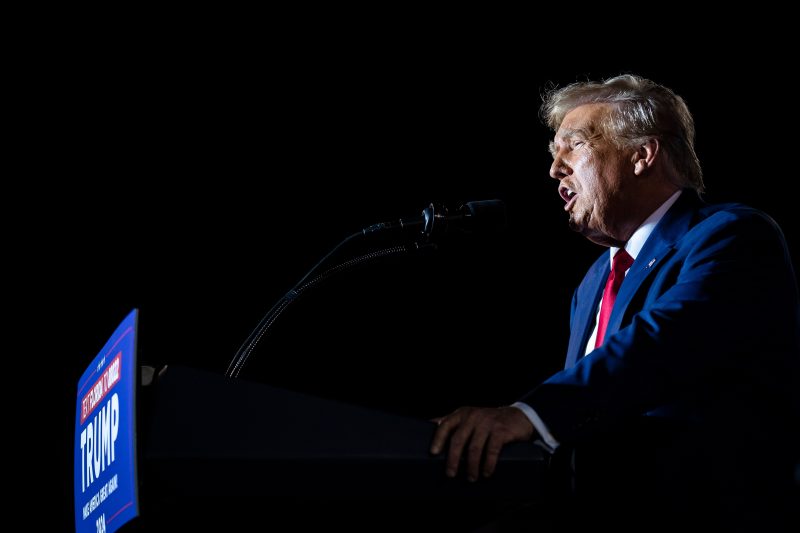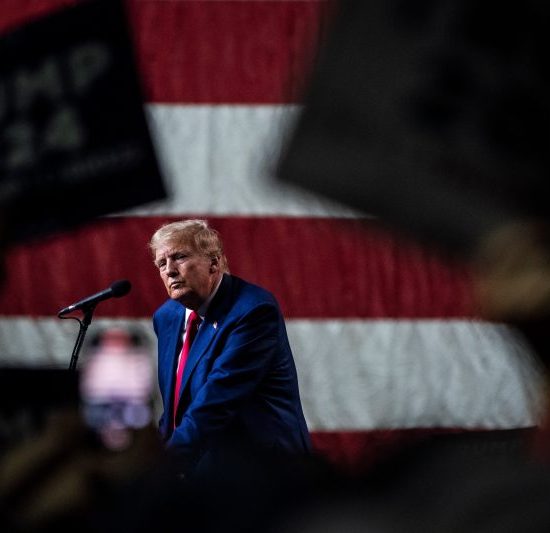In a recent series of speeches, President Donald Trump has been referring to his political opponents as “vermin” in a tone and language that many have interpreted as echoing that of the dictators Adolf Hitler and Benito Mussolini.
The term “vermin” has a long and dark history in politics, and it has been used by leaders – both democratic and dictators – to target their enemies. Political opponents, outsiders, and even those who simply opposed the leader’s policies were labeled “vermin” and became a target of persecution.
Hitler’s Nazi Party often described Jews, communists, and homosexuals as “vermin” deserving of extermination. Mussolini’s regime used the term to scorn their opponents and dissidents, and justify their exclusion and even hostile treatment.
President Trump’s recent use of the term has been met with criticism and condemnation from many including those who are familiar with its history. In a time when democracies are increasingly challenged around the world by authoritarian regimes or dictators, the President’s choice of language has been deemed “dangerous” by many.
The use of the term has also been seen as a sign of political polarization and an attempt to demonize and delegitimize one’s opponents – something which has been hideously common among dictators throughout history. It has further been seen as an expression of anti-democratic sentiment that threatens to undermine our country’s core commitment to pluralism and democratic norms.
It is essential that we keep vigilant watch to ensure that political dialogue remains civil and intolerant discourse is not used to target and discredit those with whom we may disagree. Otherwise, as history so often tells us, the revival of tyrannical rhetoric and the persecution of political opponents can follow closely behind.





